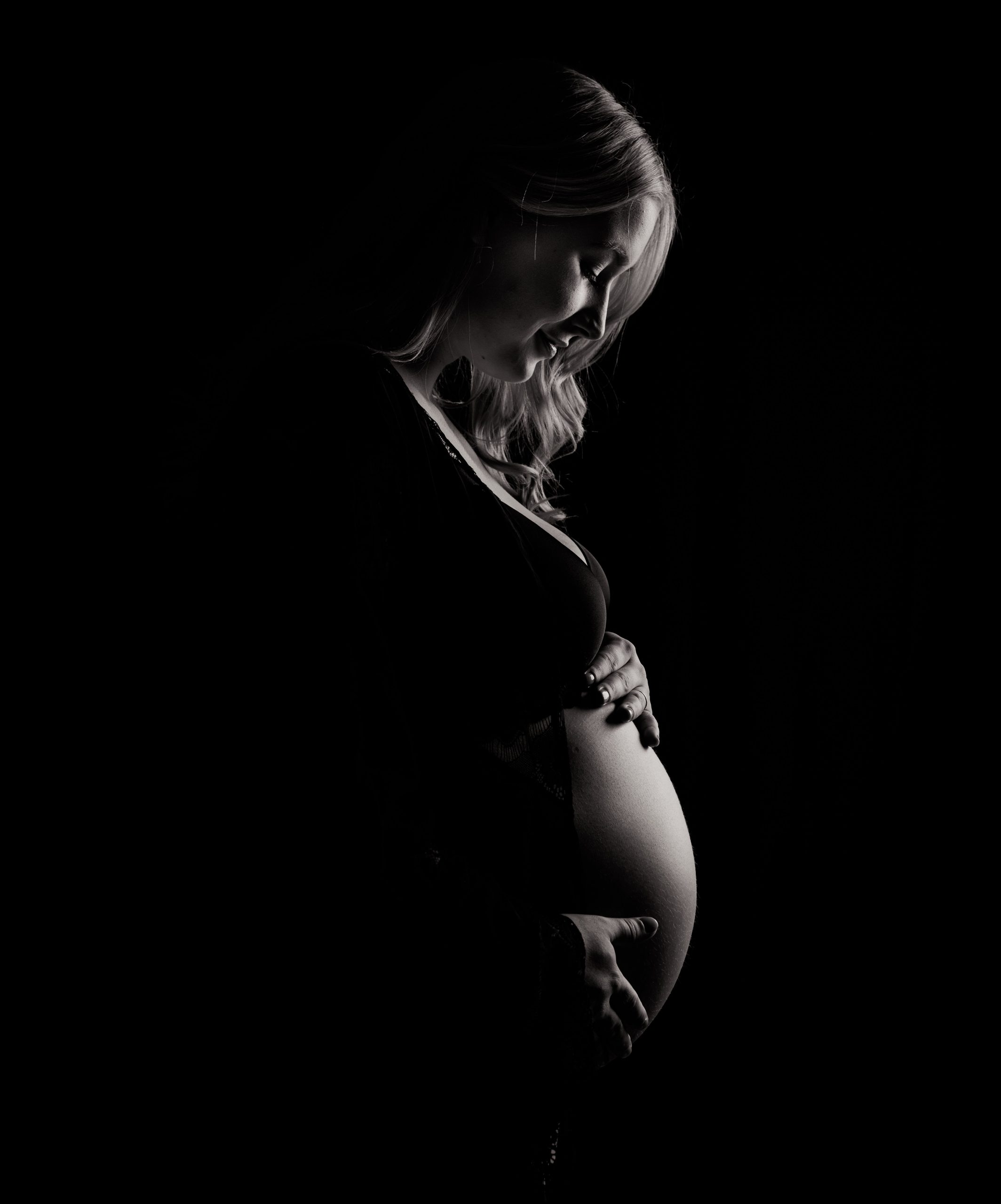Haemoglobin contains a substantial amount of iron. Haemoglobin is the major protein and oxygen-carrying pigment in red blood cells.
The volume of blood in the body increases by about 50% during pregnancy Trusted Source. The body needs more iron to produce the extra haemoglobin in this blood.
A pregnant woman may get anaemia if her iron levels are depleted. This raises the possibility of:
- fatigue, irritation, and depression
- premature birth
- a baby of a lightweight
- stillbirth
Furthermore, if anaemia develops later in the pregnancy, the person is more likely to lose blood during giving birth.
The following foods are high in iron:
- thin cuts of beef
- poultry
- salmon
- Legumes
- veggies that are dark green
Fiber
Fiber-rich whole-grain foods include oats, brown rice, beans and lentils, fruit, and vegetables. These meals promote overall gut health and can help people feel satiated for extended periods of time.
A high-fiber diet can also lower the chance of developing pregnancy problems such as haemorrhoids and constipation.
Pregnancy nutrient requirements
During pregnancy and nursing, a person need extra water- and fat-soluble vitamins. This comprises, among other things, folate, choline, and vitamins B12, A, and D.
Doctors usually suggest women to take prenatal vitamins before, during, and after pregnancy to maintain optimal nutritional levels and assist their bodies throughout postnatal recovery.
Fats are an essential component of any balanced diet and play an important function during pregnancy. However, the kind of fat matters. Getting omega-3 polyunsaturated fatty acids, for example, is crucial throughout pregnancy.
Furthermore, increased saturated fat consumption might raise the risk of pregnancy problems.
A pregnant woman can safely have some saturated fats, but for best health, she should ingest unsaturated fats more frequently.
Polyunsaturated fats may be found in a variety of foods, including:
- Salmon, herring, and trout are examples of fatty fish.
- sunflower seeds with flaxseeds
- walnuts
Pregnancy is a time of fast development and growth. As a result, consuming the right quantity of protein is essential. Reliable Source.
As part of a well-balanced diet during pregnancy, it is essential to consume a variety of protein sources.
The following are some good plant-based protein sources:
- pea protein powders, for example, are plant-based protein powders.
- Soy products and tofu
- legumes, beans, lentils, nuts, seeds, and nut butters
Animal-based protein, such as chicken, fish, cattle, or eggs, may also be included in a healthy pregnancy diet and include all required amino acids.
Pregnancy places additional physical demands on the body. A person’s diet may be tailored to suit these requirements and promote foetal growth.
A pregnant dietary plan should contain the following items:
adequate protein intake, including fish, poultry, eggs, and lentils
carbohydrate sources high in fibre, such as oats, sweet potatoes, and fruit
Avocados, almonds, seeds, olive oil, and yoghurt are all good sources of healthful fats.
A prenatal supplement can also assist give the nutrients needed during pregnancy, breast- or chest-feeding, and postnatal healing.
During pregnancy, healthcare specialists advise minimising or totally avoiding caffeine, alcohol, and undercooked meat and eggs.
Make sure you consume and buy pregnancy safe foods Malaysia to keep you and your baby safe!


